To ensure your furry friend stays healthy, it’s essential to follow a Vet Care Checklist for Senior Large Dogs: Exams, Tests, and Monitoring.
Regular veterinary exams are vital for identifying health problems early.
In this article, you’ll learn the importance of these check-ups, when to schedule them, and key components of a veterinary exam.
You’ll also discover what tests are best for your senior large dog, how to interpret results, and ways to monitor their health at home.
Let’s dive into caring for your beloved pet!
Importance of Regular Veterinary Exams for Senior Large Dogs
As your large dog ages, regular veterinary exams become increasingly important. These check-ups help catch health issues early, ensuring your furry friend stays happy and healthy.
How Often Should You Schedule Vet Exams?
For senior large dogs, it’s best to schedule a vet exam at least twice a year. This frequency allows your vet to monitor any changes in your dog’s health. Here’s a simple breakdown:
| Age of Dog | Frequency of Vet Exams |
|---|---|
| 7-10 years old | Every 6 months |
| 10 years old | Every 3-4 months |
Key Components of a Veterinary Exam
During each visit, your vet will perform several key tasks. Here’s what you can expect:
- Physical Examination: Checking your dog’s body for any signs of illness.
- Weight Check: Monitoring weight changes, which can indicate health issues.
- Blood Tests: Assessing kidney and liver function.
- Dental Check: Looking for signs of dental disease.
- Vaccination Updates: Ensuring your dog is up-to-date on shots.
Understanding the Benefits of Regular Check-Ups
Regular veterinary exams come with many benefits:
- Early Detection: Spotting health problems before they become serious.
- Customized Care: Your vet can tailor advice based on your dog’s specific needs.
- Peace of Mind: Knowing your dog is healthy provides comfort.
By keeping up with your Vet Care Checklist for Senior Large Dogs: Exams, Tests, and Monitoring, you can help your dog live a longer, healthier life.
Essential Health Tests for Senior Large Dogs
Common Tests Recommended for Older Dogs
As your large dog ages, keeping a close eye on their health becomes crucial. Here are some common tests you should consider:
- Blood Tests: These help check for organ function and detect diseases early.
- Urinalysis: A simple test that can reveal problems with the kidneys or urinary tract.
- X-rays: Useful for spotting joint issues or tumors.
- Heartworm Test: Essential for dogs over 7 years old, as heartworm can be serious.
- Thyroid Test: Checks for thyroid problems, which are common in older dogs.
Interpreting Test Results for Your Dog’s Health
Understanding test results can feel overwhelming, but you can break it down. Here’s how to interpret the findings:
- Normal Ranges: Each test has a normal range. If your dog’s results fall outside this range, it may indicate a problem.
- Trends Over Time: Look at changes over time. A single abnormal result may not be alarming, but consistent changes could signal an issue.
- Consult Your Vet: Your vet can explain what the results mean for your dog’s specific situation.
The Role of Blood Work in Preventative Healthcare
Blood work is a cornerstone of preventative healthcare for senior large dogs. It checks for hidden issues that might not show symptoms yet. Regular blood tests can:
| Benefit | Description |
|---|---|
| Early Detection | Spot problems before they become serious. |
| Monitoring Health | Keep track of existing conditions. |
| Tailored Treatments | Help your vet design the best care plan for your dog. |
By incorporating blood work into your Vet Care Checklist for Senior Large Dogs: Exams, Tests, and Monitoring, you can catch potential health issues before they escalate, giving your furry friend a better chance at a happy, healthy life.
Monitoring Your Senior Large Dog’s Health at Home
Signs of Health Issues to Watch For
When caring for your senior large dog, it’s crucial to be on the lookout for signs of health problems. Here are some common indicators that something might be wrong:
- Changes in appetite: If your dog suddenly eats less or more than usual, take note.
- Weight loss or gain: Keep an eye on their weight. Sudden changes can signal health issues.
- Lethargy: If your dog seems less active or tired all the time, it could be a sign of trouble.
- Difficulty moving: Watch for limping or trouble getting up or lying down.
- Excessive thirst or urination: More frequent trips outside or drinking a lot more water can be concerning.
- Change in behavior: If your dog becomes more aggressive, anxious, or withdrawn, it’s time to investigate.
Daily Care Tips for Senior Dogs
Caring for a senior large dog requires special attention. Here are some daily care tips to keep your furry friend healthy:
- Regular Vet Visits: Schedule check-ups every 6 months. This keeps you updated on their health.
- Balanced Diet: Feed them high-quality dog food designed for seniors. This helps maintain their weight and energy levels.
- Gentle Exercise: Short, regular walks are great. They keep your dog active without overdoing it.
- Mental Stimulation: Use puzzle toys or training sessions to keep their mind sharp.
- Comfortable Sleeping Area: Provide a soft bed in a quiet place for them to rest.
Creating a Health Monitoring Routine
Establishing a routine can help you keep track of your senior dog’s health. Here’s a simple plan you can follow:
| Task | Frequency | Notes |
|---|---|---|
| Weight Check | Weekly | Use the same scale each time |
| Appetite Observation | Daily | Note any changes |
| Mobility Assessment | Daily | Watch how they move |
| Bathroom Habits | Daily | Track frequency and amount |
| Mental Check | Weekly | Engage with toys or training |
Creating a health monitoring routine like this helps you spot issues early. It keeps you connected with your dog’s needs and can lead to better health outcomes.
Nutrition and Diet for Senior Large Dogs
Key Nutrients Needed for Aging Dogs
As your large dog ages, their nutritional needs change. It’s important to focus on key nutrients that help keep them healthy. Here are some vital nutrients to consider:
- Protein: Helps maintain muscle mass. Look for high-quality protein sources like chicken, beef, or fish.
- Omega-3 Fatty Acids: These support joint health and can reduce inflammation. Fish oil is a great source.
- Fiber: Aids digestion and helps prevent obesity. Look for foods with whole grains and vegetables.
- Vitamins and Minerals: Essential for overall health. Ensure their diet includes vitamins A, C, E, and calcium.
Adjusting Portions for Weight Management
Managing your senior dog’s weight is crucial. As they age, their metabolism slows down. Here’s how to adjust their portions:
- Monitor Weight Regularly: Weigh your dog monthly to track any changes.
- Follow Feeding Guidelines: Check the dog food package for portion sizes based on their weight.
- Divide Meals: Instead of one big meal, split their food into two or three smaller meals throughout the day.
- Limit Treats: Treats should not make up more than 10% of their daily calorie intake.
| Dog Weight (lbs) | Daily Caloric Intake (kcal) |
|---|---|
| 50 | 1,200 |
| 70 | 1,500 |
| 90 | 1,800 |
How Diet Impacts Overall Health in Senior Dogs
The right diet plays a huge role in your senior dog’s overall health. A balanced diet can help prevent various health issues, such as obesity, arthritis, and heart disease.
For example, a dog that eats a nutrient-rich diet is less likely to struggle with joint pain.
Regular vet check-ups are also important. Use the Vet Care Checklist for Senior Large Dogs: Exams, Tests, and Monitoring to keep track of your dog’s health.
This checklist helps you stay on top of their needs and catch any potential problems early.
Preventative Healthcare for Senior Large Dogs
Vaccinations and Their Importance
Keeping your senior large dog healthy starts with vaccinations. These shots protect against diseases that can be serious or even deadly. As dogs age, their immune systems may weaken, making them more vulnerable.
Here are some key vaccinations to consider:
| Vaccine | Purpose | Frequency |
|---|---|---|
| Rabies | Protects against rabies virus | Every 1-3 years |
| Distemper | Guards against a highly contagious virus | Every 3 years |
| Bordetella | Prevents kennel cough | Annually |
| Parvovirus | Protects against a severe intestinal illness | Every 3 years |
Talk to your vet about a vaccination schedule that fits your dog’s needs. Staying on top of vaccinations is a great way to keep your furry friend safe.
Parasite Control and Prevention Strategies
Parasites can be a real pain for senior dogs. They can cause health issues ranging from mild irritation to severe illness. Here’s how to keep them at bay:
- Regular Checkups: Schedule vet visits every 6 months. Your vet can check for parasites and recommend treatments.
- Flea and Tick Prevention: Use topical treatments or oral medications. These products help keep fleas and ticks from making your dog their home.
- Heartworm Prevention: Give your dog a heartworm pill monthly. This is crucial, especially in warmer months.
The Role of Preventative Care in Longevity
Preventative care is like a safety net for your senior large dog. It can help catch health issues before they become big problems. Regular vet visits, vaccinations, and parasite control all contribute to a longer, healthier life.
Think of it this way: just like you wouldn’t ignore a small leak in your roof, don’t overlook your dog’s health needs. A little effort goes a long way in keeping your best friend happy and thriving.
Common Health Issues in Senior Large Dogs
Understanding Canine Disease Prevention
As your large dog gets older, keeping an eye on their health is vital. Preventive care can help catch problems early.
Regular check-ups with your vet can make a big difference. Here are some key points to consider:
- Nutrition: Feed your dog a balanced diet. Senior dogs often need fewer calories but more nutrients.
- Exercise: Keep your dog active but adjust the intensity. Short walks are great!
- Dental Care: Regular teeth cleaning can prevent gum disease, which is common in older dogs.
Recognizing Symptoms of Common Conditions
Being aware of the signs of health issues can help you act fast. Here are some common conditions to watch for:
| Condition | Symptoms to Look For |
|---|---|
| Arthritis | Limping, difficulty getting up or lying down |
| Obesity | Excess weight, difficulty breathing |
| Heart Disease | Coughing, fatigue, swelling in the abdomen |
| Kidney Disease | Increased thirst, frequent urination |
If you notice any of these symptoms, it’s time to take action.
When to Seek Veterinary Care for Your Dog
Knowing when to visit the vet is crucial. If your dog shows any of these signs, don’t hesitate:
- Sudden weight loss or gain
- Persistent coughing or wheezing
- Changes in appetite or drinking habits
- Unusual behavior or lethargy
Prompt veterinary care can help keep your senior dog comfortable and healthy.

